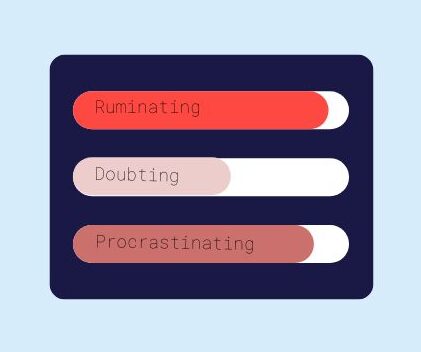
Since 2001 the US government has been involved in combat in Operation Iraqi Freedom and Operation Enduring Freedom (OIF/OEF) in Iraq and Afghanistan related to the Global War on Terror.
As of September 2010 over 1.9 million U.S. service members have been deployed to active duty in Iraq or Afghanistan. A staggering percentage will suffer the psychological costs of witnessing and engaging in combat such as Post-Traumatic Stress Disorder.
Other life events such as sexual abuse, car accidents, natural disasters, domestic violence, psychological neglect, childhood abuse, etc. could also lead to the development of Post-Traumatic Stress Disorder.
The impact of trauma or PTSD has been associated with impaired social relationships, productivity, and readjustment problems.
Individuals with PTSD may have co-existing psychological struggles such as anger, depression, substance abuse, and more incidents of suicidal ideation (Lapierre, Schwegler, & LaBauve, 2007; Jakupcak et al, 2009; Sayer et. al, 2010).
According to Division 12, from the American Psychological Association, there are two empirically supported treatments for trauma/PTSD that have strong research support: Cognitive Re-Processing Therapy and Exposure Therapy.
- Cognitive Reprocessing Therapy involves challenging maladaptive thought patterns that were developed because of the trauma.
- Exposure Therapy involves a gradual confrontation of the images, thoughts, and situations that have been avoided because of a traumatic experience.
Unfortunately despite significant efforts to dissemination appropriate information there is a still a large number of individuals struggling with untreated PTSD symptoms or receiving ineffective therapy treatments.
Untreated trauma can result in much more difficult-to-treat symptoms, chronic interpersonal problems, long-term vocational disability, and increased used of psychiatric and community resources (Foa, Keane, Friedman, & Cohen, 2009).
So, below are basic recommendations that will help you to determine if you need psychological treatment:
- If after 3-months of being exposed to a traumatic event you’re still struggling with any trauma-related symptom such as ongoing hyper-arousal, re-experiencing the event, and avoidance of people, places or situations related to it, keep in mind that these symptoms don’t vanish, in fact they may get worst.
- If you were exposed to a traumatic event and don’t experience the above symptoms but have developed a concept about your self, others, and the world in general based on that particular life threatening event, it’s quite likely that not only your interpersonal relationships but life satisfaction in general maybe compromised because of that self-construct.
- If you were exposed to a traumatic event and despite not having any trauma-related symptoms, suddenly you find yourself experiencing a burst of depression or engaging in unexpected behaviors, it could be that you’re being re-triggered without realizing it.
If you relate to any of the above recommendations you can receive effective therapy treatment that will help you deal with those struggles. Exposure Therapy or Cognitive Reprocessing Therapy could make a significant difference in your daily life.







